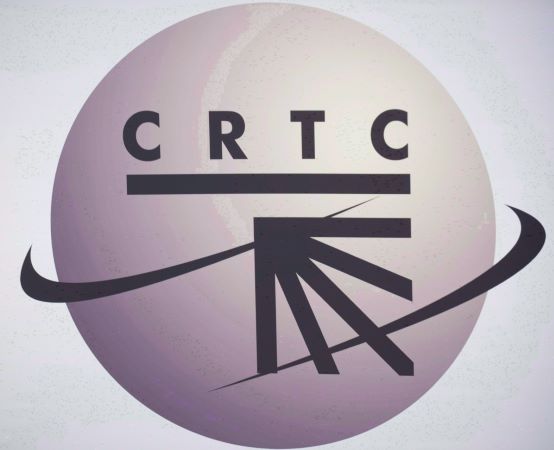
By Ollie Williams
Canada’s telecoms regulator says it is creating an Indigenous relations team and holding a public consultation on “how to support Indigenous broadcasters and content creators.”
In a Friday news release, the CRTC said it wanted to “ensure Indigenous stories and voices are represented, easily found, and shared across all platforms” by modernizing its Indigenous broadcasting policy.
The new Indigenous relations team appears to have a mandate broader than content alone, extending across the CRTC’s jurisdiction to issues like internet and phone service.
“The team will support Indigenous participation in CRTC proceedings and will ensure the distinct nature and lived experiences of Indigenous peoples are considered across the CRTC’s work,” the CRTC stated.
The public consultation, on the other hand, is focused squarely on broadcasting and content creation.
The CRTC’s Indigenous broadcasting policy was created in 1990 and hasn’t been comprehensively reviewed since.
The policy governs how stations like the NWT’s CKLB and television broadcaster APTN are licensed and the conditions they must meet to continue broadcasting.
Increasingly, the CRTC is also moving into regulation of online services like streaming.
Indigenous broadcasters and content creators were already consulted in a first set of sessions from 2019 to 2020 as the CRTC began work to update the policy so that it “meets the needs and interests of Indigenous audiences, broadcasters, and content creators.”
Friday marks the beginning of a second phase where the public can submit feedback.
The CRTC says the main issues are as follows:
- what challenges exist that make it difficult to access and discover Indigenous programming;
- how radio stations, television services, and online streamers can best meet the needs and interests of Indigenous peoples;
- how the availability and diversity of Indigenous programming (music, spoken word, television, film, and online content) offered in Indigenous languages can meet the needs and interests of Indigenous peoples; and
- what initiatives broadcasters can implement to help preserve Indigenous languages.
In the opening 2019-20 sessions, the CRTC says it was told that many Indigenous radio stations face “revenue challenges,” equipment breakdowns are frequent, and content creators want mainstream help to reach a larger audience.
“Mandatory requirements to broadcast a guaranteed percentage of Indigenous content, created by and for Indigenous people, would be preferable to incentives or ‘encouragements,’” the CRTC said it had heard.
The regulator says it was also advised to respect the oral traditions of Indigenous peoples and include in-person consultation whenever it could. Friday’s announcement did not specify in-person dates for the latest public consultation, but did encourage people to “host a community-led engagement session, summarize comments and submit them to us.”
The deadline to provide feedback on a new Indigenous broadcasting policy is July 22 at 6pm MT. “Following the consultation, we will further collaborate with First Nations, Inuit, and Métis peoples to co-develop the policy,” the CRTC stated.
CRTC representatives are understood to be visiting Yellowknife in April, though the precise nature of that trip isn’t clear.
The regulator recently announced it will hold a fresh process to re-examine Cabin Radio’s bid for an FM licence to serve Yellowknife.
Cabin Radio applied for a licence in 2019. Responding in 2023, the CRTC initially said Yellowknife’s economy could not support two commercial, English-language FM radio stations. Earlier this month, the regulator said there had been a “change in circumstances” and it would look again.



